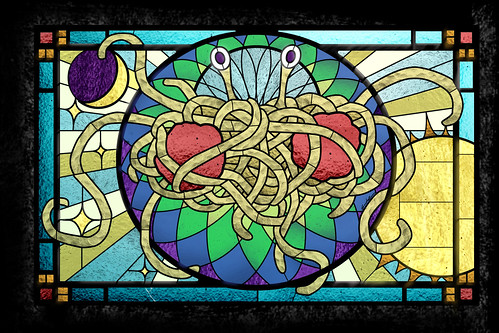Welcome to Word Buzz Wednesday, in which we round up our favorite buzzworthy words of the week. The latest: helpful, non-crushing robots; a carbtastic religion; and it’s never too late for divorce.
cobot
“Collaborative robots — or cobots — need to be configured so they’re aware of their fleshy colleagues and slow or stop after an unexpected collision to avoid stabbing skin or slicing limbs.”
Stefan Nicola and Olivia Solon, “This German Machine is Hitting People to Make Tomorrow’s Robots Safer,” Bloomberg, November 11, 2015
Unlike regular robots which mostly work autonomously, cobots are designed to help or guide humans, for instance while working in a factory. Researchers at the Fraunhofer IFF Institute in Germany are trying to discover “what needs to be done to ensure robots don’t crush their human colleagues” in the process.
(H/t Edward Bannatt.)
Daesh
“Western governments are divided on what to call the Islamic extremists claiming responsibility for the attacks in Paris and other atrocities. U.S. Secretary of State John Kerry recently began using the term ‘Daesh,’ adding to the confusion.”
George Petras, “‘Daesh,’ other Islamic State names explained,” USA Today, November 17, 2015
Daesh is a “disputed acronym” of the extremist group more commonly known the Islamic State, ISIS, or ISIL. Daesh might stand for Dawlat al-Islamiyah f’al-Iraq wa al-Sham, which translates as “Islamic State in Iraq and the Levant,” which is “an area between the Mediterranean Sea and the Euphrates River.”
Although the French government began using Daesh in September, the group itself derides the name as “it sounds similar to the Arabic word for ‘sowers of discord,’ which are enemies of Islam.”
McRefugee
“Dubbed ‘McRefugees,’ they sleep in 24-hour branches of the fast food chain, which offer a clean, safe and free refuge found in few other places in the southern Chinese business hub.”
“Hong Kong’s McRefugees,” AP, November 12, 2015
McRefugees refer to homeless people who have taken refuge in McDonald’s. AP says the phenomenon goes back to at least 2007, and while it “has also been documented in Japan and mainland China,” it’s especially popular in Hong Kong, where rents are exorbitant.
Pastafarian
“[Lindsay] Miller claims she is a Pastafarian, also known as a member of the Church of the Flying Spaghetti Monster.”
“Pastafarian wins right to wear colander in driver’s license photo,” MyFox8, November 14, 2015
The Church of the Flying Spaghetti Monster takes a “light-hearted” view of religion and is against the teaching of creationism in schools.
The term “flying spaghetti monster” was first used in 2005 in an open letter to the Kansas State Board of Education protesting its “decision to permit teaching intelligent design” — that is, nature designed by an intelligent being (such as God) rather than by natural selection and evolution — “as an alternative to evolution in public school science classes.” Pastafarianism is another term for the church, and combines pasta (referring to the spaghetti part of the FSM) and Rastafarian.
Lindsay Miller isn’t the first Pastafarian to win the right to wear the official Church of FSM headgear in a driver’s license photo. That honor belongs to Austrian atheist Niko Alm in 2011. Other notable colander-wearers include a member of the Pomfret, New York Town Council, and former porn actress, Asia Carrera.
twilight divorce
“Twilight divorces after 20 years of marriage are at a record in South Korea as the stigma of divorce wears off in a conservative society and court rulings make it financially viable for older women to go it alone.”
“It’s never too late: ‘Twilight divorce’ in South Korea at record,” Channel NewsAsia, November 13, 2015
Nope, not a legal split from a sparkly vampire. Twilight divorce refers to the end of marriage for couples in their “twilight” years.

This linguistically informed article explains what the word Daesh is about and why the group called that despises the term whereas its arabophone opponents have adopted it. Short version: it is a ludicrous-sounding non-word, it is an acronym in a language that generally avoids them (except in Palestine), it sounds like an archaic Arabic word from the pre-Islamic “period of ignorance” with associations of barbarism and superstition, it is a pun on daes ‘one who tramples or crushes’. About the only thing not explained is the preferred English pronunciation: I say /ˈdɑ.ɛʃ/ (DAH-esh) myself.
Thanks for adding that John!